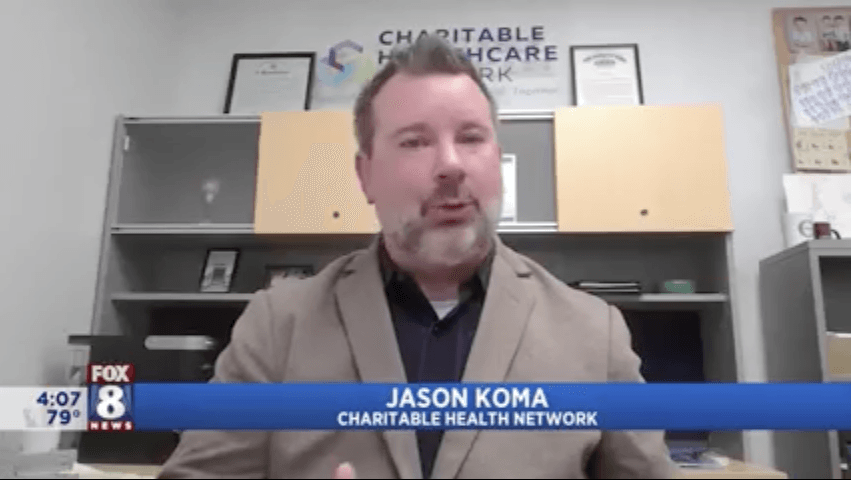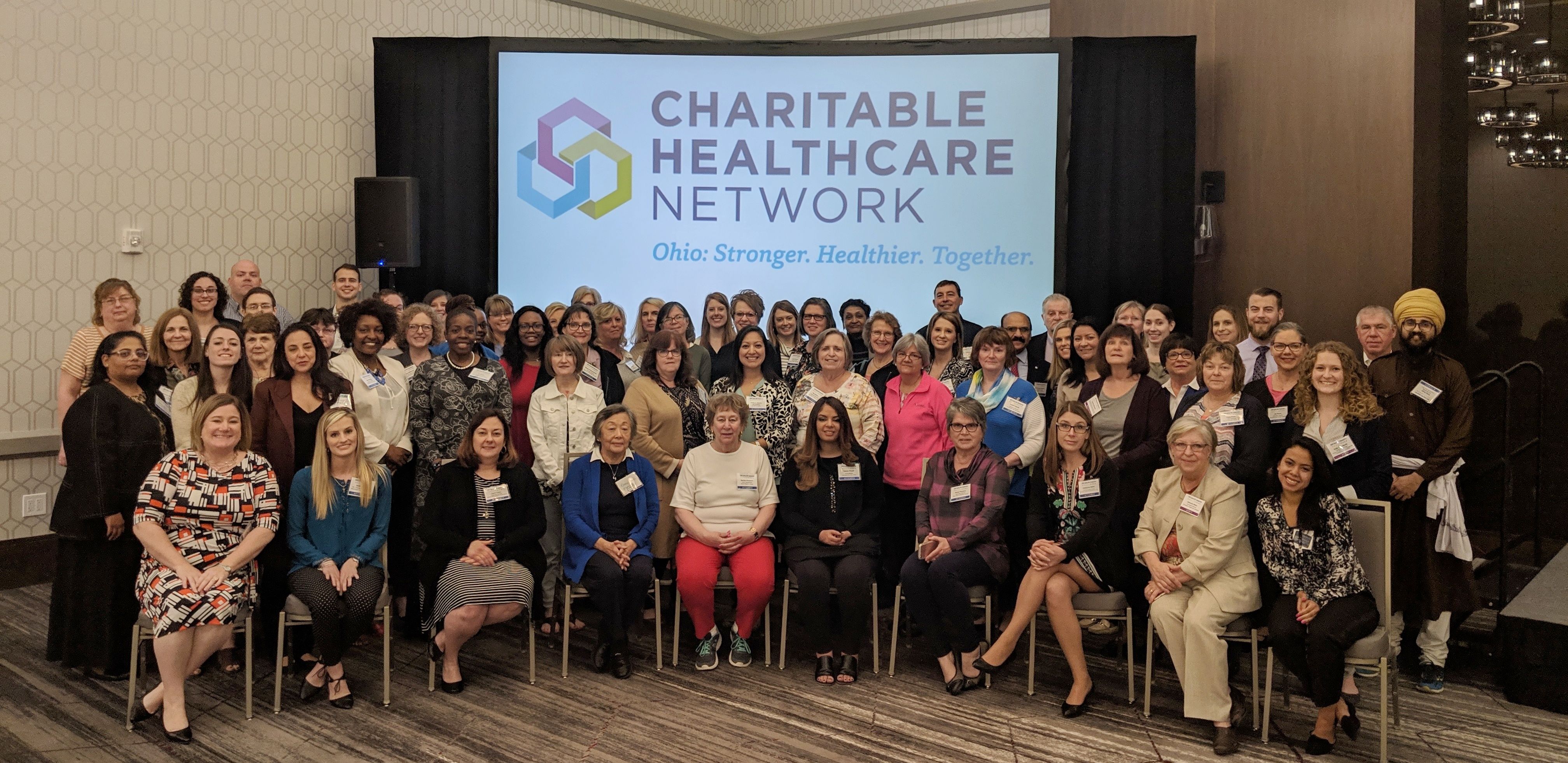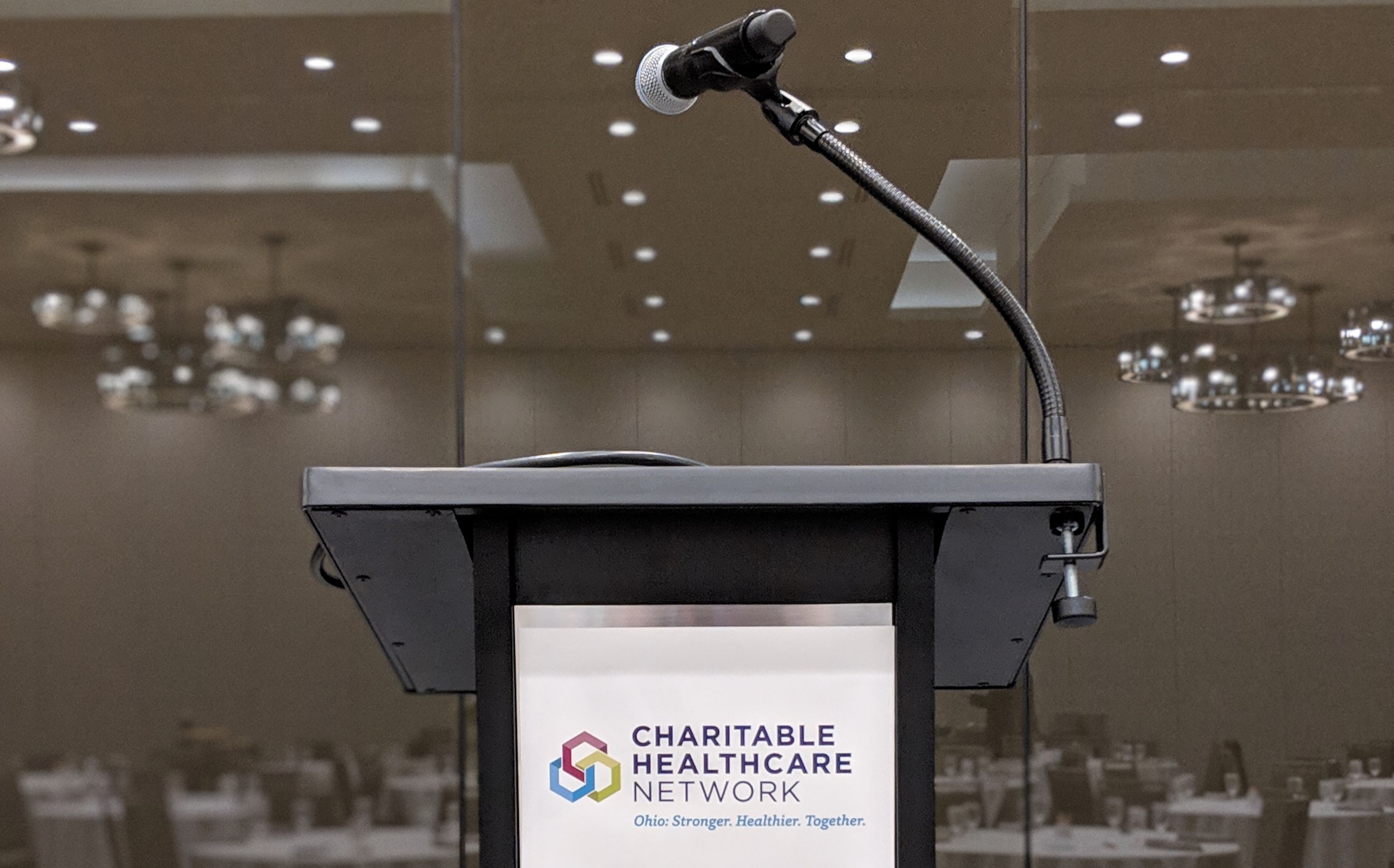
By: Brad Hamilton
Full Article Credits to Fox 8 News
CLEVELAND (WJW) — The Cleveland Clinic is changing how it handles co-pays, and the shift is already generating significant backlash.
Starting June 1, the Cleveland Clinic will require insured patients to pay their co-pay before or at check-in for most non-emergency outpatient services. If a patient can’t pay, their appointment will be canceled or rescheduled.
The policy applies to routine doctor visits, therapy sessions, diagnostic testing like labs and imaging, and in-office procedures. It does not apply to emergency care, surgeries, cancer treatment, or patients covered by Medicaid.
Critics, including healthcare advocates and former Ohio Senator Nina Turner, said the move creates a barrier to care for those already struggling.
“Cleveland is the second poorest city in the nation. The clinic bears the name ‘Cleveland’ and they take it wherever they go,” Turner said.
Local activist Cassandra McDonald called the decision “a step backward,” arguing it contradicts the Clinic’s own mission and risks deterring patients with complex conditions who may face multiple co-pays in a single day.
Then there’s Cassandra McDonald, a local activist who said the Cleveland Clinic’s new policy will hit her especially hard.
While a single co-pay might be manageable for some, McDonald said her situation is far more complicated, requiring multiple visits each week.
“I am a very complex patient who sees several specialists, and it is very burdensome for me,” she added.
McDonald said having to pay upfront at every appointment, sometimes three to four times a week, could force patients like her to delay or skip care entirely.
The Cleveland Clinic’s full statement on the policy said, “Starting June 1, 2025, copays will be collected before or at check-in for appointments for nonemergency outpatient services, including scheduled office visits, diagnostic tests and procedures. The visit will be rescheduled or canceled if a patient cannot make their copayment. This change does not apply to patients with Medicaid. Copays for emergencies, surgeries, cancer treatments and inpatient hospital stays will be billed after services are delivered. This also includes urgent/express care visits at this time. We remain committed to providing the highest quality care for patients and understand that navigating healthcare coverage can be challenging. Collecting all patient financial responsibility for the care we provide, starting with copays, helps us ensure sustainable hospital operations and supports the seamless delivery of care.”
Jason Koma, director of Charitable Healthcare, provides insight during the FOX 8 news segment, noting that "the policy might mean that folks don't seek care, which means free clinics and charitable providers will have more of a gap to fill."








